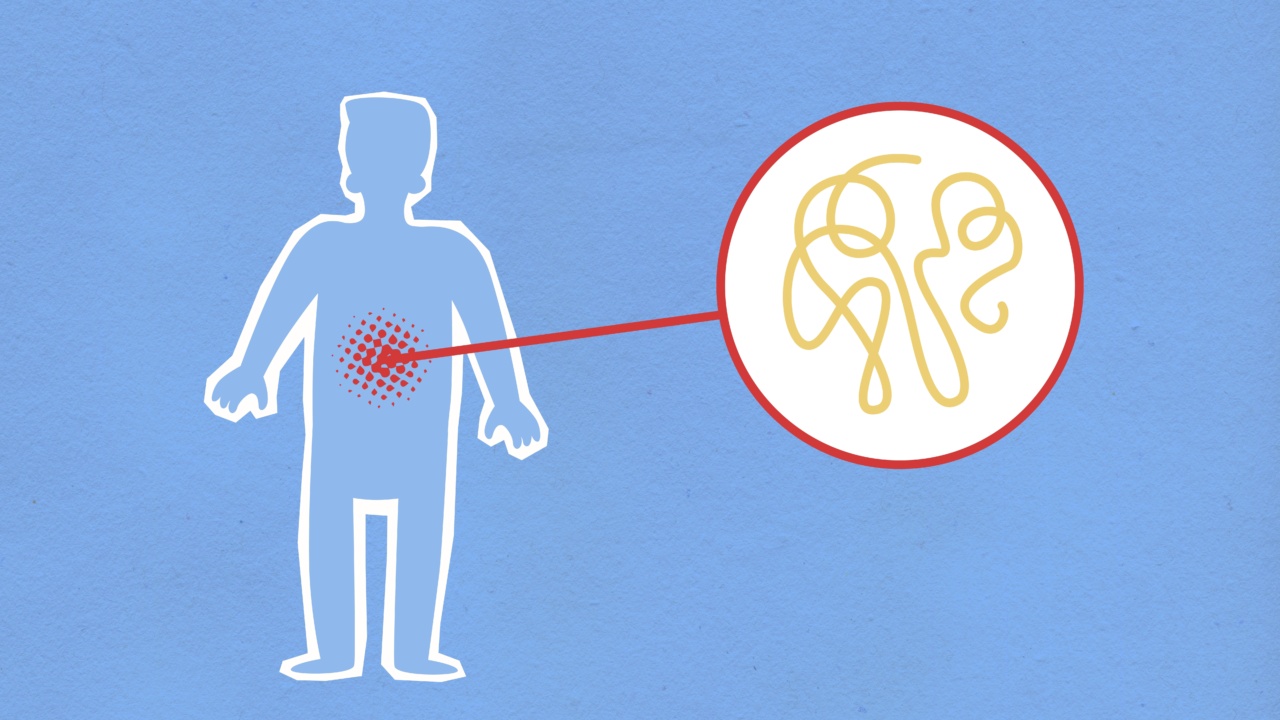Sudden stomach pain can be a cause for concern, especially if it is severe or persistent. While some instances of stomach pain may be mild and temporary, others can indicate a more serious underlying condition.
It is important to pay attention to the signals your body is sending and not ignore any discomfort or pain.
1. Gastritis
Gastritis is the inflammation of the lining of the stomach. It can occur suddenly and cause stomach pain, nausea, vomiting, and loss of appetite.
The most common causes of gastritis include excessive alcohol consumption, frequent use of non-steroidal anti-inflammatory drugs (NSAIDs), stress, and infection with the Helicobacter pylori bacteria.
2. Gastric Ulcer
A gastric ulcer is a sore that develops on the lining of the stomach. It can cause sudden and intense stomach pain, often described as a burning sensation. Other symptoms may include indigestion, weight loss, and black or bloody stools.
Gastric ulcers are commonly caused by the Helicobacter pylori bacteria and the prolonged use of NSAIDs.
3. Gallstones
Gallstones are hardened deposits that form in the gallbladder. They can cause sudden and severe pain in the upper abdomen, known as biliary colic. The pain may radiate to the back or the right shoulder.
Other symptoms can include nausea, vomiting, bloating, and jaundice. Gallstones are usually formed when there is an imbalance in the substances that make up bile.
4. Appendicitis
Appendicitis is the inflammation of the appendix, a small pouch located in the lower right abdomen. It typically starts with a dull pain around the belly button that gradually intensifies and shifts to the lower right side of the abdomen.
Other symptoms may include loss of appetite, nausea, vomiting, fever, and a swollen abdomen. If left untreated, appendicitis can lead to a ruptured appendix, which can be life-threatening.
5. Irritable Bowel Syndrome (IBS)
IBS is a chronic condition that affects the large intestine. It can cause sudden episodes of abdominal pain, bloating, gas, and changes in bowel habits such as diarrhea or constipation.
The exact cause of IBS is unknown, but triggers can include certain foods, stress, hormonal changes, and an overactive immune system.
When to Seek Medical Attention
If you experience sudden and severe stomach pain, it is important to seek medical attention, especially if it is accompanied by other concerning symptoms such as fever, vomiting blood, difficulty breathing, or persistent diarrhea.
Your healthcare provider will perform a physical examination, ask about your symptoms and medical history, and may order additional tests to determine the underlying cause of the pain.
Prevention and Treatment Options
Preventing sudden stomach pain can often be achieved by adopting a healthy lifestyle. This includes eating a balanced diet, avoiding excessive alcohol consumption, managing stress levels, and staying hydrated.
It is also important to avoid self-diagnosis and seek medical advice for proper diagnosis and treatment.
Treatment options for sudden stomach pain depend on the underlying cause.
This may include medication to reduce inflammation, antibiotics to treat infections, surgical removal of gallstones or the appendix, and lifestyle changes for managing conditions like IBS. It is crucial to follow the treatment plan prescribed by your healthcare provider and attend regular check-ups to monitor your condition.
In Conclusion
Sudden stomach pain should not be ignored, as it can be a sign of various underlying conditions. It is essential to pay attention to the severity and duration of the pain, as well as any accompanying symptoms.
Seeking medical attention and proper diagnosis is crucial to identify the cause and receive appropriate treatment. Adopting a healthy lifestyle and following the guidance of healthcare professionals can help prevent and manage sudden stomach pain.





























